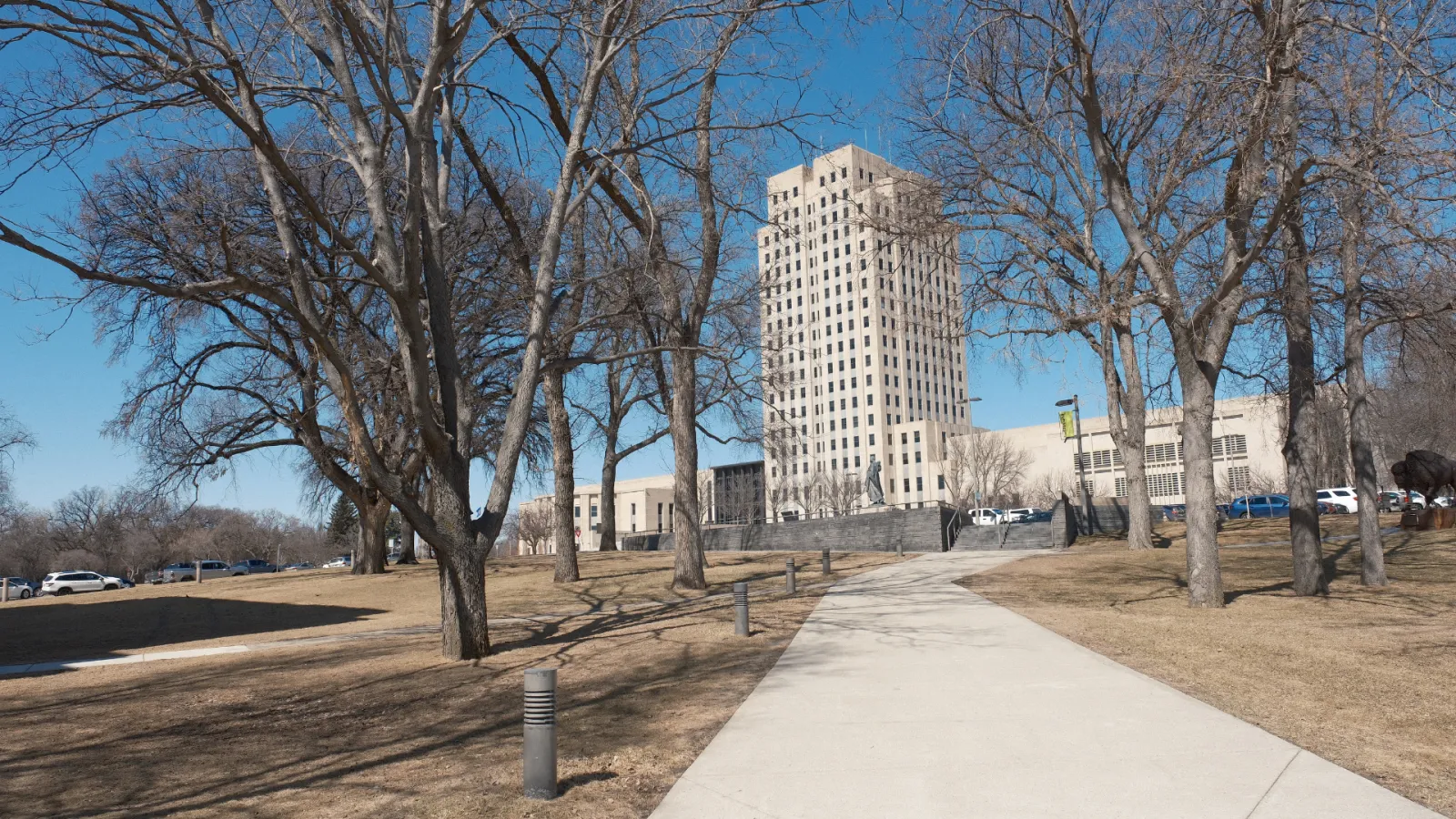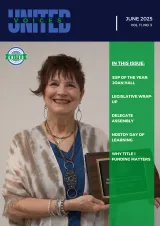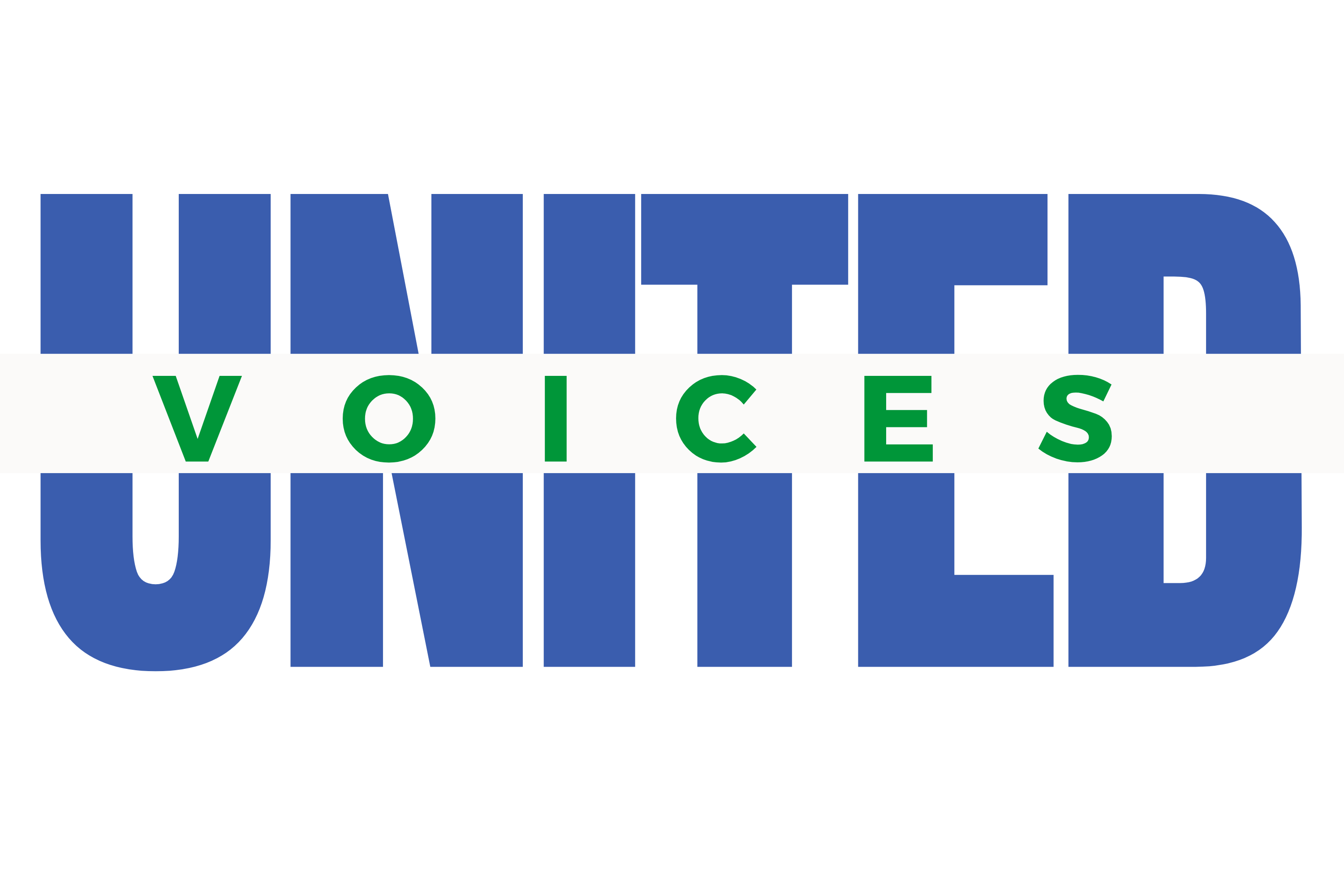At the start of this year’s session, our union was facing historically fearsome headwinds in the form of legislative proposals to degrade, diminish, privative and destroy the systems of public education and public services in our state. As evidenced below, our members, leaders and activists stepped up in numbers we’ve never seen before and made the difference in both turning away bad legislation, while also helping to pass several bills of merit that will benefit all North Dakotans.
Thank you for answering your union’s repeated calls to action, both during session and beyond! And, as promised, let’s recap.
Vouchers
Perhaps the biggest highlight from this session was our members’ successful opposition to vouchers: our members led the fight to defeat not one, not two, but SIX private school voucher bills. These bills, which would have used public dollars to pay for private school tuition, would have wreaked havoc on North Dakota’s public education system. These programs tend to be wildly expensive, and had just one of these bills passed, it would almost certainly have planted a seed that would grow over time, leaving less money for the K-12 budget in the future.
Two bills had a real chance of becoming law. HB 1540 was introduced by Rep. Ben Koppelman (R-West Fargo), and it would have provided parents with roughly $1,000-$4,000 per child attending a non-public school, based on their family’s income. This bill passed the House and Senate but was vetoed by Gov. Kelly Armstrong in the final weeks of session.
Governor Armstrong vetoed the bill because North Dakota United and other pro-public education groups were poised to refer the issue at the next election. In his veto message, he said, “Passing a voucher bill that caters to only a small segment of North Dakota’s student population all but guarantees a voter referendum and threatens to derail the prospect of good school choice policy for years to come. We only get one bite at this apple, and House Bill 1540 bites off more than North Dakota citizens can stomach.”
In other words, Governor Armstrong is pro-voucher, but he recognized HB 1540 was politically toxic. In his veto message, he encouraged lawmakers to approve SB 2400, which would have provided vouchers based on income to every student enrolled at a non-public school, ranging from $1,000-$3,500. The bill also included $1,000 for every K-12 student in the state to spend on educational services. The bill, which would have cost $110 million every year going forward, failed on the House floor by a vote of 78-14, defeated by a unique coalition of pro-public education lawmakers, fiscal conservatives and pro-home school lawmakers who did not want to send state money to homeschoolers, as they feared such an investment would come with homeschool teaching regulations.
In response to this and repeated past legislative fights about private school vouchers, North Dakota United, the North Dakota Council of Educational Leaders (NDCEL), and the North Dakota School Boards Association (NDSBA) have formed a coalition called North Dakotans for Public Schools, a grassroots group that will seek out policies that protect and defend our public schools from attacks.
Lifetime Licensure
The Legislature finally passed HB 1238, which lowered the threshold for educators to receive their lifetime teacher license from 30 years to 25 years. The bill, which originated from an idea that came from NDU members in Fargo during the last legislative session, originally called for 20 years, so 25 years was a compromise. Almost all the testimony delivered to the Legislature in support on this bill came from NDU members.
According to the Education Standards and Practices Board, “any teacher may apply online in their NDTeach account after July 20 for the lifetime license once they have reached 25 years of licensure in ND and met the reeducation requirements of the license they currently hold – they do not need to wait until their current license is up for renewal.”
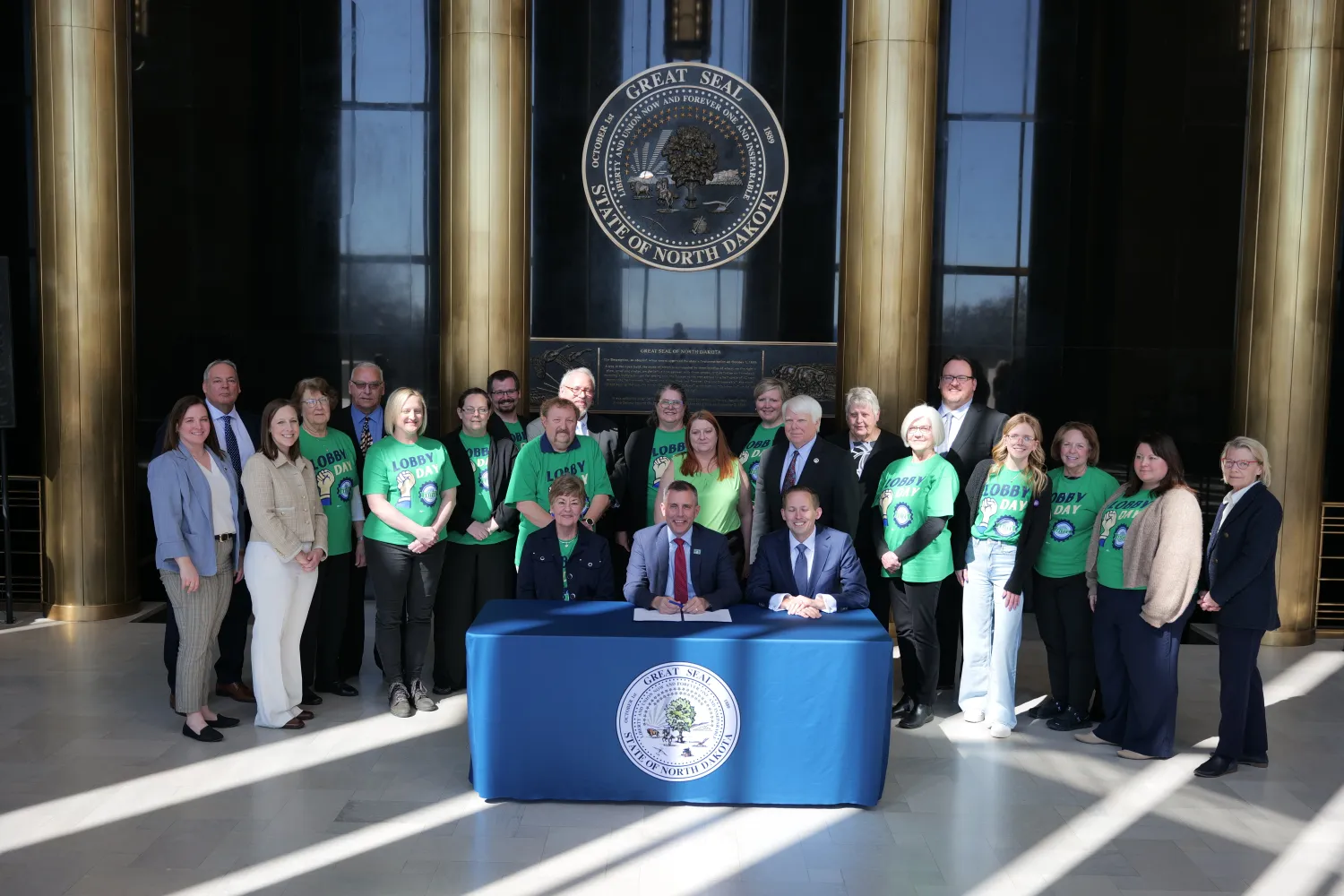
Book Ban
In addition to HB 1540, Governor Armstrong also vetoed two other bills we were tracking. The first was SB 2307, which would have required libraries to move “sexually explicit” content to areas not easily accessible to children. State’s attorneys would have been tasked with prosecuting violations, and state funds could have been withheld from schools or libraries in violation. The bill would have cost about $2 million in the first four years.
Governor Armstrong called the bill a “misguided attempt to legislate morality through overreach and censorship and added, “if a parent doesn’t think [a given book] is age appropriate for their child, then that is a parenting decision.”
Our members helped lead the way on this issue. Minot Education Association’s Randi Monley and Bismarck Education Association’s Mariah Ralston, both NDU members and co-chairs of Right to Read ND, represented a vocal opposition to the bill; Bismarck’s Christine Kujawa was interviewed live on TV in response to the veto message. The Senate sustained the governor’s veto by a vote of 25-20.
State Employee Health Insurance
The third bill that Governor Armstrong vetoed was SB 2160, which effectively opened the door for future Legislatures to require state employees to pay a portion of their health insurance premiums, which they do not currently. Governor Armstrong said premium-free health insurance was one of the state’s “strongest and most useful recruitment and retention tools. … SB 2160 disposes of that tool and replaces it with a more expensive alternative.”
Although the bill originally passed in the Senate by a vote of 44-2, the Senate failed to override the governor’s veto, by a vote of 31-15. Several lawmakers changed their vote because they heard directly from NDU members. Well done, all of you who spoke out on this important issue!
K-12 Funding
In his State of the State address, Governor Armstrong proposed the Legislature increase funding for K-12 public schools by 2% each year of the biennium. The K-12 budget includes all operational costs for K-12 schools, not just teacher salaries, but 2% each year wouldn’t even keep up with the rate of inflation. For that reason, North Dakota United was firmly opposed to that proposal. We pushed for 4% and 4%, and there were serious discussions about 3% and 3%, but in the end, the Legislature landed on 2.5% and 2.5% increases. It’s more than nothing, but we’re still disappointed they didn’t meet our expectations. Especially after it was announced in late April that North Dakota’s average public school teacher salary ranking has fell to 40th place in the nation, as of 2023-24.
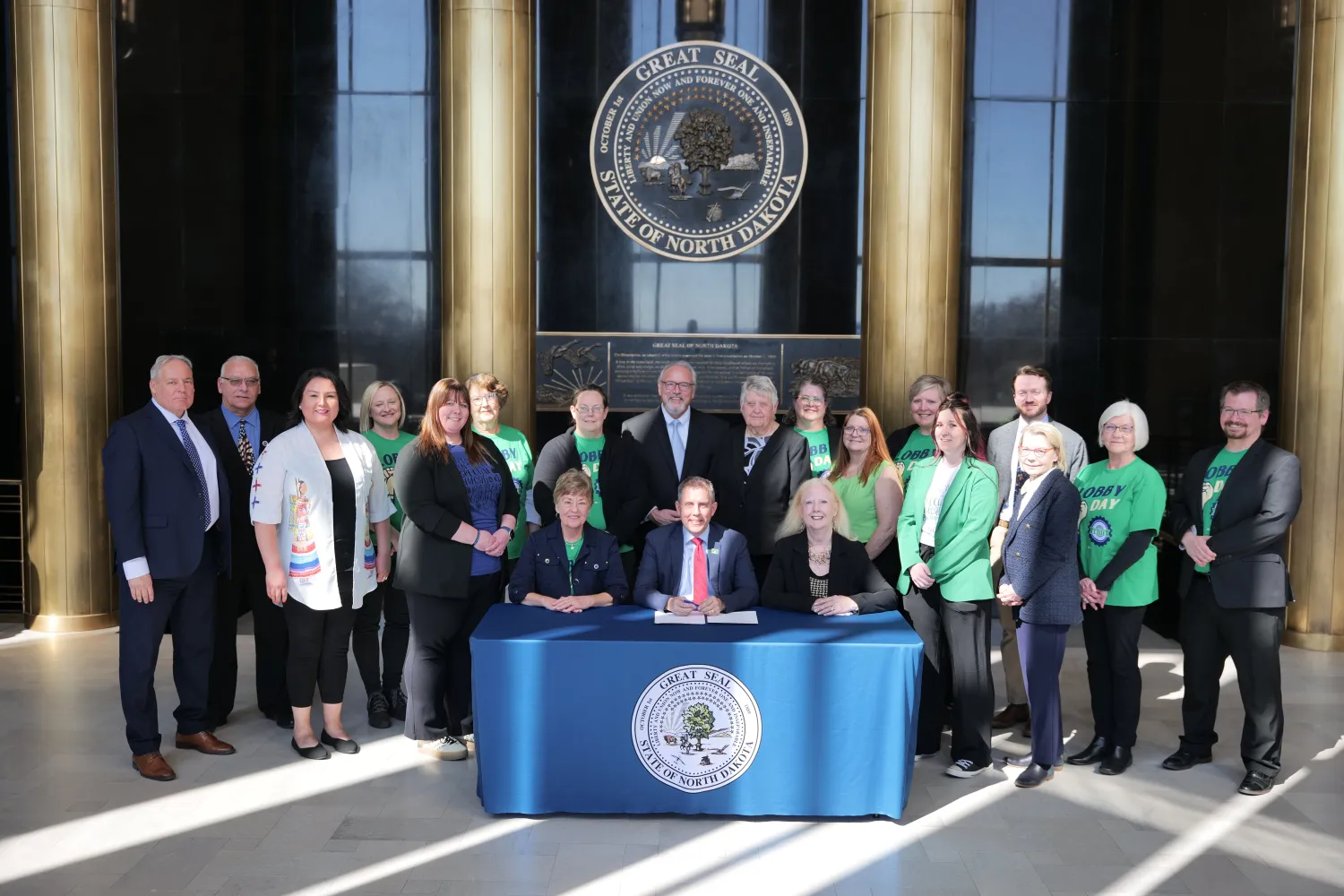
School Meals
Another disappointment was the defeat of HB 1475, which would have provided universal free school meals for all children in North Dakota’s public schools. The bill had broad public support (as demonstrated by a poll we ran in December 2024) and would have cost $140 million. Instead of making free school meals universal, lawmakers voted to slightly expand the number of students who qualify for free school lunch, to students whose families are within 225% of the federal poverty line. That’s an increase from 200%, which passed last legislative session.
Higher Ed Tenure
HB 1437, which started as a ban on tenure at two-year institutions of higher education, was amended to alter tenure and post-tenure review and signed by Governor Armstrong. Despite this disappointing news, the Governor did act in response to more than 100 emails sent to his office by NDU members and supporters. SB 2003, the higher ed funding bill, was amended to strike language in HB 1437 prescribing the makeup of a "culminating post-tenure evaluation committee" and add due-process protections to post-tenure evaluation. In the final version of SB 2003, the culminating committee language was added back in while due process protections remained. Our members and allies have now defeated significant attacks on tenure and academic freedom for the second consecutive legislative session.
Special Ed Study
HB 1530 was the direct result of North Dakota United’s Special Education Collective, born out of a survey they did of special educators from around the state. It’s a bill that instructs Legislative Management to study the needs of special education teachers so the state can address the special education shortage and provide supports for special educators in the future. It was passed overwhelmingly and signed by the Governor!
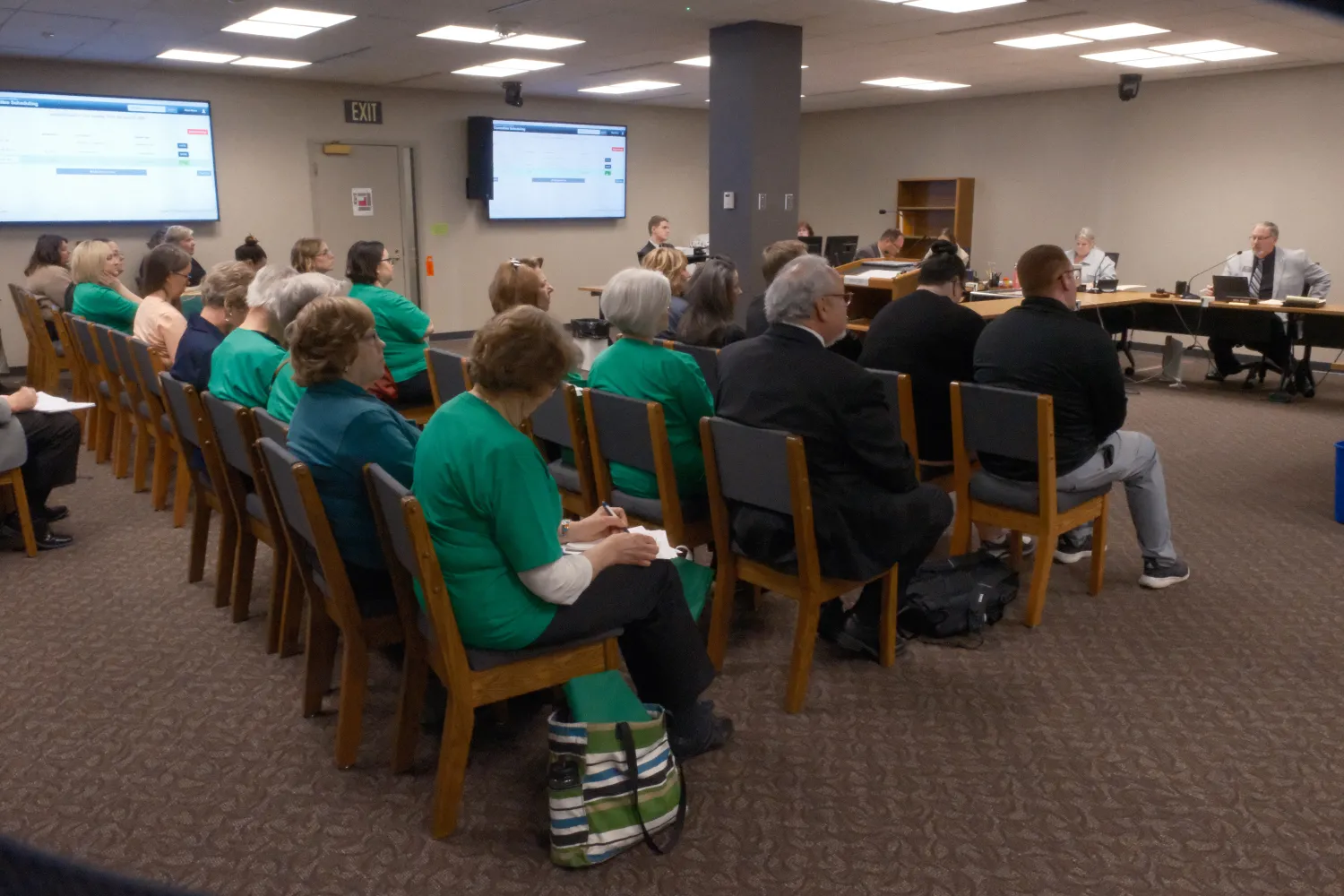
PERS Investment
HB 1234 would transfer funds from the Strategic Investment and Improvements Fund (SIIF) to the Public Employees Retirement System (NDPERS) fund, holding true to funding the pension plan after closing it to new employees. The bill passed without much debate and has been signed by the Governor.
Letters to the Editor
NDU members made a powerful impact this legislative session, and that was reflected by attention in the media. Newspapers across North Dakota published dozens of letters from our members: 48 letters from NDU members were published at least 103 times.
Many letters appeared in multiple newspapers, ensuring our message was heard across the state. Of the 103 published instances:
- 70 opposed voucher bills
- 12 supported free universal school meals
- Nine opposed banning books
- 12 addressed other critical legislative issues
For perspective: Voucher proponents placed only 24 total letters, with just 14 supporting vouchers. NDU members clearly controlled the narrative on voucher schemes in our state. Well done!
Media Stories
ND United made waves in local media as well. “North Dakota United” was mentioned, and either President Nick Archuleta or one of our members were quoted, in at least 60 unique stories this legislative session. That’s an average of one story every other day.
Our members kept public education front and center throughout the session. Our constant presence in the media generated real pressure and helped shape the outcome of important bills.
